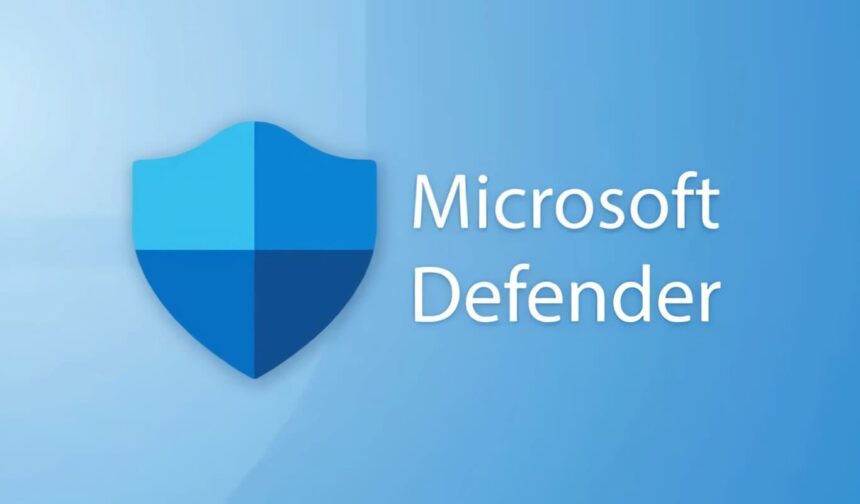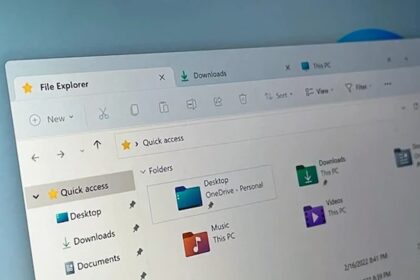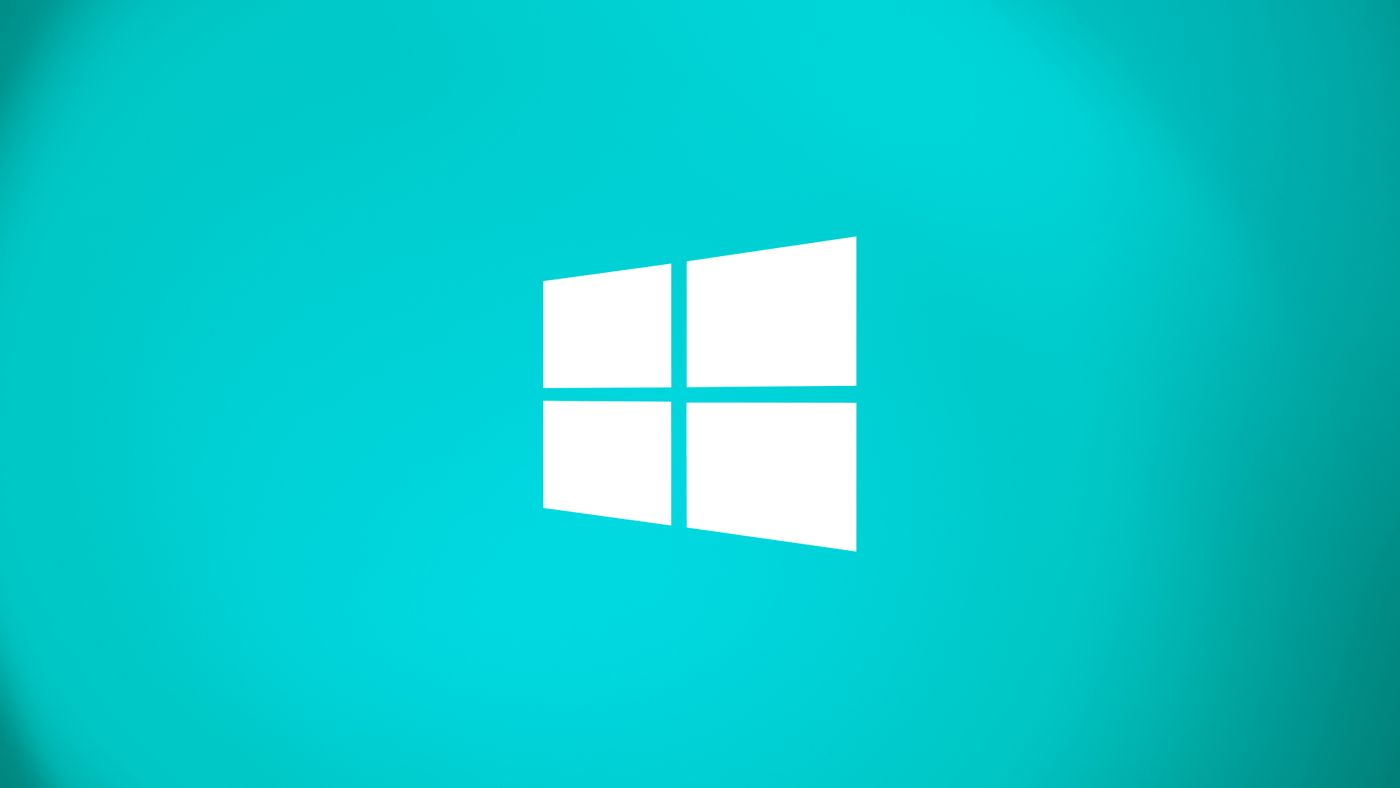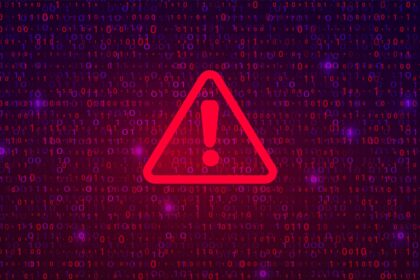Although Microsoft works tirelessly to refine Windows and its ecosystem of apps, occasional glitches are inevitable. These issues can arise from faulty system patches or even built-in applications like antivirus tools.
One such case involves Microsoft Defender, the antivirus integrated into recent versions of Windows. While it usually performs well as a frontline defence against malware and other threats, it isn’t immune to errors.
As reported by Bleeping Computer, a newly discovered bug in Defender is causing false security alerts, warning users that their BIOS needs to be updated—even when no update is actually required.
An error in Microsoft triggers erroneous alerts that ask for updating the BIOS of the PCs

Microsoft Defender is generally a reliable tool for keeping Windows PCs safe from malware and other security threats. While no antivirus is foolproof, it’s a solid built-in option that costs nothing and offers decent protection. Of course, the best defence will always be cautious user behaviour—but Defender does its job well.
That said, even reliable software can run into problems. Recently, an irritating bug in Microsoft Defender has been flagged by Bleeping Computer. The issue causes the antivirus to show false security alerts, telling users that their BIOS is outdated and needs an update—even when this isn’t true.
According to the report, the error primarily affects Dell devices and stems from a flaw in Microsoft Defender’s Endpoint logic. The alerts appear as if they’re genuine warnings, pushing users to update their BIOS unnecessarily.
Microsoft has acknowledged the problem and confirmed that a fix has already been developed. The company is preparing to roll out a patch across all affected systems so the bogus alerts will stop appearing.
While the bug is frustrating, it isn’t the most severe issue Windows users have faced in recent years. What matters is that Microsoft recognised the error quickly and worked on a solution right away. Once the update is released and installed, the misleading BIOS warnings should no longer be a problem.











